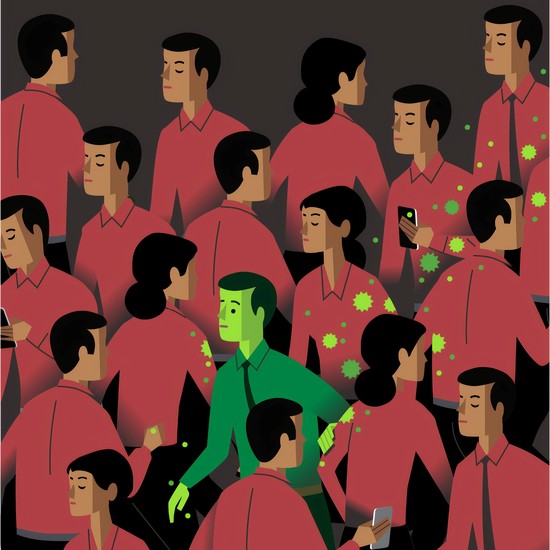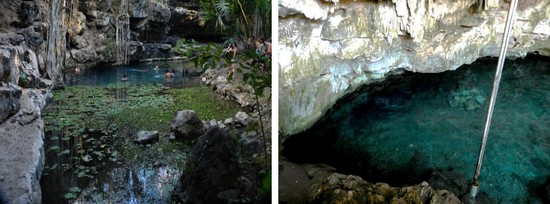Done and work in progress

Different tools for raise resilience. [Work in progress]

Exploratory and data-driven analysis of COVID-19 in Mexico.

Spatial and temporal analysis in peri-urban areas to maximize benefices of Green Infrastructure.

Examinating limits of growth of water use.
I am an Industrial Engineer with 10+ years of experience as advisor and project manager in Logistics, ERP, Business Intelligence, and Sustainability. I have led multiple implementations in Enterprise Resource Planning (Aasasoft and Odoo), and BI (Bitam, KPIOnline and Tableau). Moreover, I have supervised and conducted training programs to transfer requirements to interdisciplinary teams within all hierarchical levels, and in different productive sectors (retail, financial and academic sectors). Years ago, I understood that a triple bottom line approach is essential to measure success from KPIs, which motivated me to redirect my profile towards Sustainability and Data Science.
Since then, I have specialized in academic research on methodologies as Sustainability Balanced Scorecard, Trade-offs and synergies of Sustainable Development Goals (SDGs), GHG inventories, Ecosystem Services and Backcasting. In addition, I have researched and published case studies in Mexico and Spain about the Nexus WEFL (water, energy, food and land), climate change and societal metabolism; using quantitative analysis (R), Spatial Analysis (QGIS), and data wrangling and processing (SQL, Tableau Prep).
My background has given me the opportunity to work with multi-cultural and interdisciplinary teams. Also, it has enabled a continuous learning process (I am a MOOC-holic) in aspects of programming, data science, and data visualization, which has improved my abilities to communicate and publish technical results among stakeholders.
I am enthusiasm for analyzing climate change with a systemic-thinking approach, applying green infrastructure for adaptation projects. I hope that one day, every neighborhood will have an urban garden and an arboretum.
PhD in Sustainability Science, 2020
Universitat Politècnica de Catalunya (UPC)
MSc in Sustainability Science and Technology, 2015
Universitat Politècnica de Catalunya (UPC)
MSc in Logistics, 2007
Zaragoza Logistics Center
Desktop & Prep
Learning
Learning
Non-academic
Responsibilities include:
Industrial processes:
MOOCs and Certificates